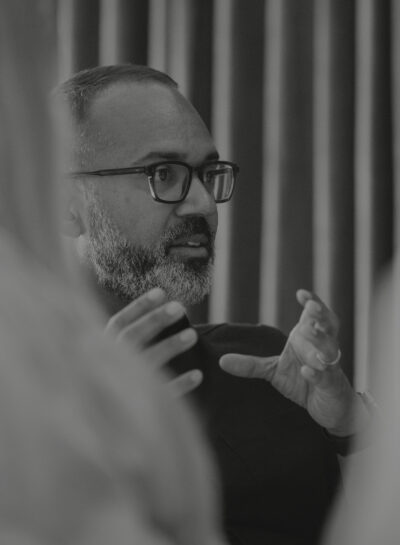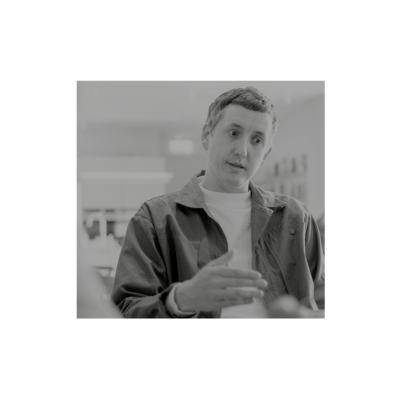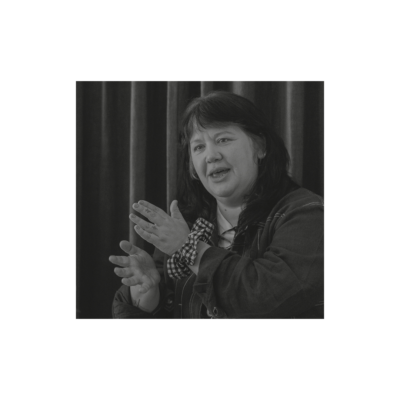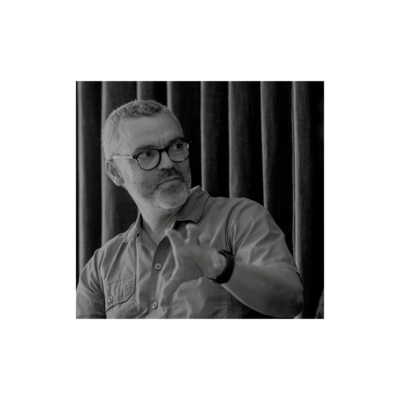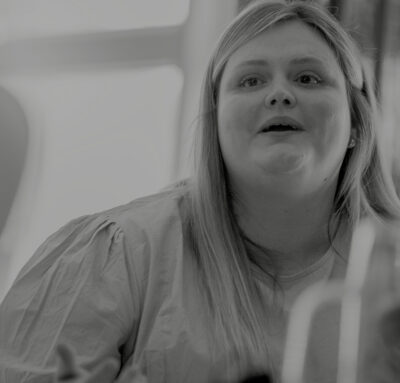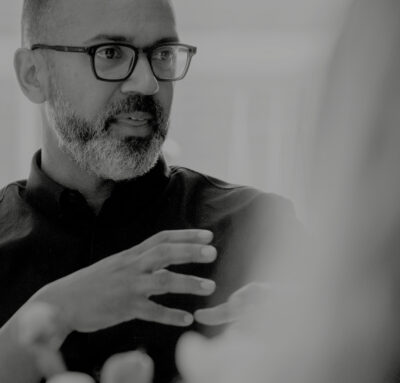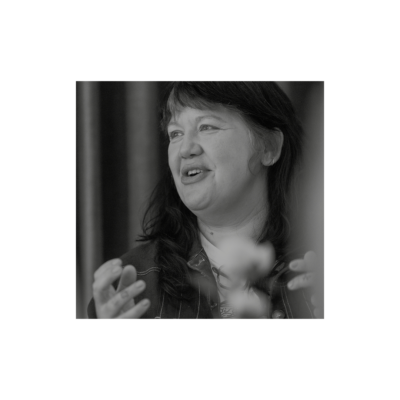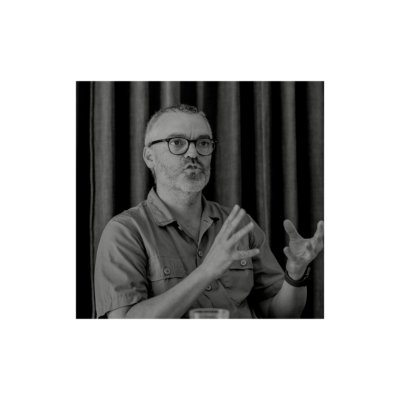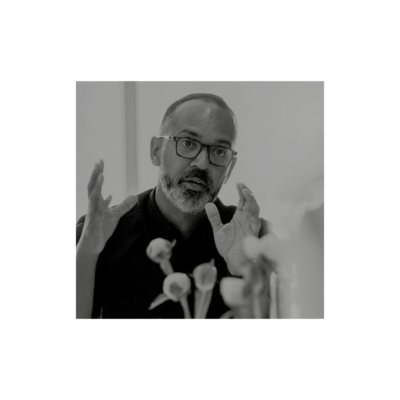FINDING PURPOSE
Modern consumers don’t want to just buy something, they want to know they are investing in brands that meet their values and make a difference to the world. We invited leaders from five forward-thinking organisations, including a natural skincare brand and a think-tank on the future of the home, to put their heads together over lunch and discuss the role that purpose plays in their work.
